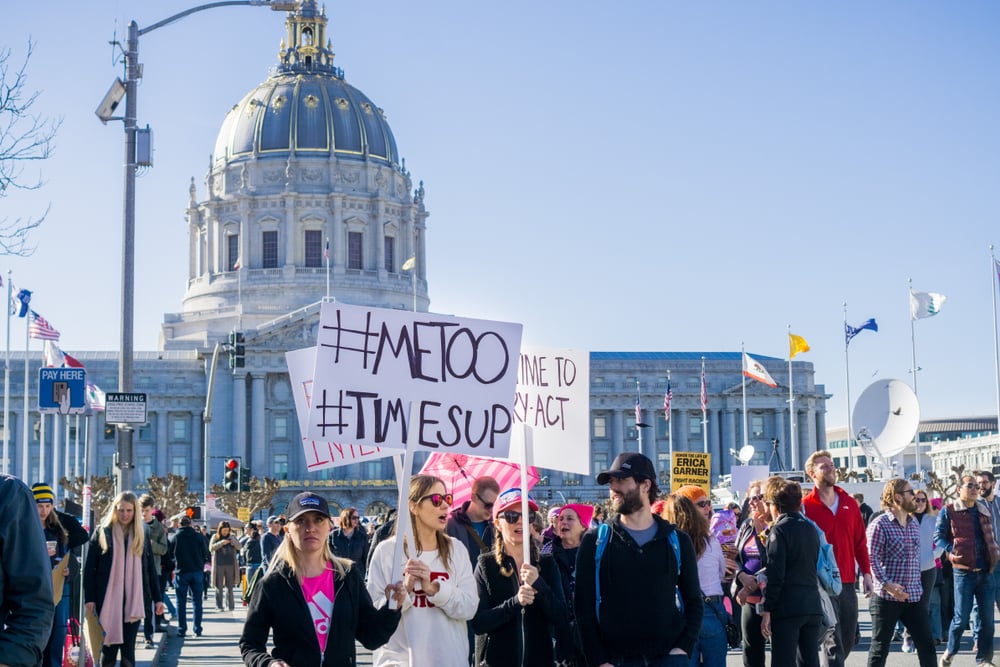‘This requires careful study and not just a band-aid approach’: Professor

NEW YORK (Thomson Reuters Foundation) — Only a third of U.S. employers have taken new measures to prevent sexual harassment since the #MeToo movement sparked international debate about the issue, a poll said on Tuesday.
The Harris survey showed the movement had failed to trickle down to the wider population or bring about meaningful change, said Margaret Stockdale, a psychology professor at the Indiana University-Purdue University Indianapolis (IUPUI).
"The high-profile stuff, while it's important, doesn't capture the typical portrait of a sexual harassment victim, who lacks access to power and resources," she told the Thomson Reuters Foundation by phone.
Inspired by multiple accusations, including rape, against film producer Harvey Weinstein in October 2017, millions of women took to social and mainstream media to share stories of sexual harassment or assault, using the #MeToo hashtag.
Since then, dozens of prominent men in fields including entertainment, politics and business have quit or been fired from high-profile posts, and police have opened investigations into some accusations of sex assault.
Between 25 to 85 per cent of women reported being sexually harassed at work, the U.S. Equal Employment Opportunity Commission found in 2016, although it received received less than 10,000 complaints a year.
About half of 1,500 U.S. workers polled said they are now more likely to report workplace sexual harassment if they experience or witness it and they are more likely to confront a co-worker engaging in inappropriate sexual behaviour at work.
But only 32 per cent said their employers had taken new steps to combat sexual misconduct. Of those, more than half merely reminded staff of existing training or resources, found the poll commissioned by the American Psychological Association (APA).
"Relying solely on mandated training designed primarily to limit the organization's legal liability is unlikely to be effective," David Ballard, director of the APA's Center for Organization Excellence, said in a statement.
Just one in 10 respondents said their employer had added training or other resources for employees.
Workers were more likely to say their employer has taken new steps to prevent and address sexual harassment in the workplace in organizations that have equal representation of women in senior leadership, the survey found.
Stockdale of IUPUI said employers may yet step up their actions as experts and human resources departments are still processing the movement's impact.
"This requires careful study and not just a band-aid approach," she said.




